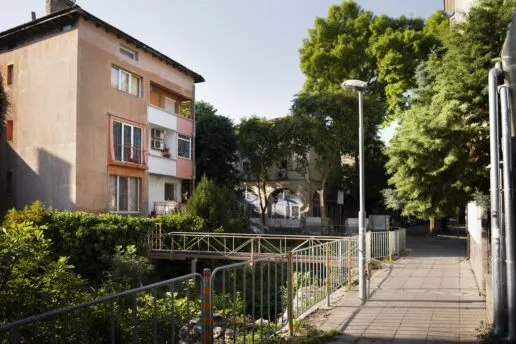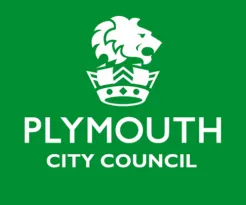About
There is mounting evidence of the many benefits of green infrastructure (GI) (e.g. parks, gardens, street trees), including health and wellbeing benefits. Yet although less affluent communities, which typically experience health inequity, derive greater benefits from greenspace, they often have less access to it. Identifying these communities would allow local authorities to develop policies that promote equitable access to GI benefits, potentially reducing health and social care costs.
During this six month Fellowship I will be collaborating with Plymouth City Council (PCC) and the Woodland Trust to develop a novel, transferable methodology (tool) that allows local councils to assess equity of access to GI, building on existing work by Woodland Trust and myself. The close collaboration with PCC will allow us to directly support equitable green infrastructure policy development in Plymouth, as well as ensure that the method is fit for real-world application. The tool will bring together elements of the Woodland Trust’s Tree Equity Score and my own previous work in Oxfordshire.
Project outputs will include:
- A tool that can be used to assess green infrastructure (GI) deprivation in urban areas according to a range of green infrastructure metrics, weighted by socio-economic and demographic factors.
- A report outlining the methods and findings that can inform PCC’s GI planning and policy, and can be used as a case study and road map by other local authorities wishing to use the method. This would include a baseline for greenspace enhancements in Plymouth.
- A plain English blog to share the aims and outcomes of the project with the general public; to be shared on PCC website and other appropriate channels.
- An ‘Action Research’ paper outlining how the tool was developed and evaluated, demonstrating the value of co-design and using PCC as a case study to show how the tool can be used in practice.





